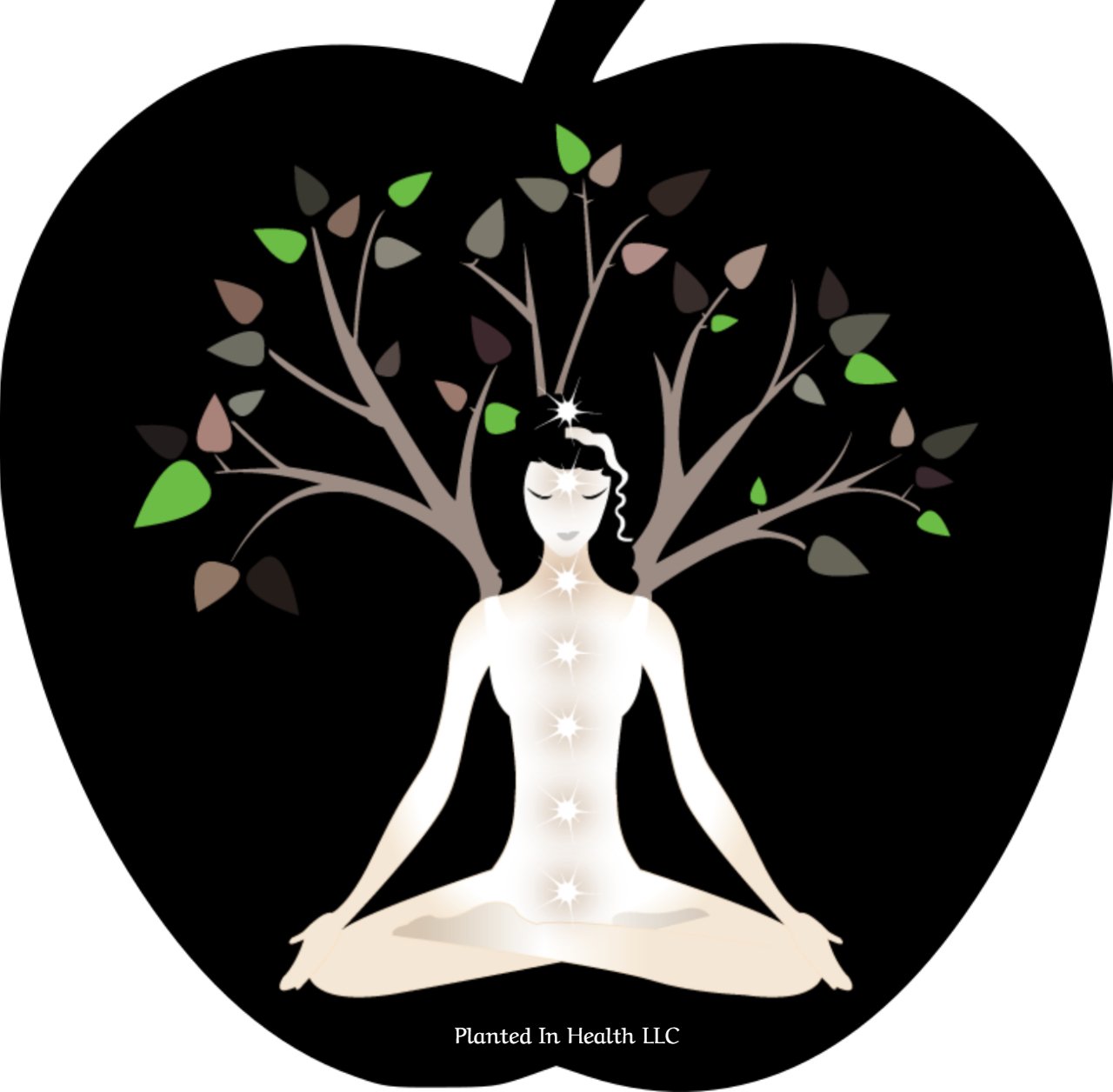Navigating the Path of Change: Perimenopause and Menopause Explained
Introduction
Life is a journey, and for women, this journey comes with its own set of unique experiences. One such transformative phase that every woman will eventually face is perimenopause and menopause. These natural transitions mark the retirement of the reproductive years and the beginning of a new chapter. Let's explore what perimenopause and menopause entail and how to navigate this path of change with grace and understanding.
Perimenopause: The Prelude
Perimenopause, often referred to as the "menopausal transition," is the period leading up to menopause. It typically starts in a woman's 40s but can begin in mid-30s or in mid to late 40s. During this phase, hormone levels fluctuate and decline, In particular, estrogen will be somewhat erratic with fluctuations of high and low, while progesterone slowly declines. Testosterone will also decline during this time. This fluctuation and decline can lead to a variety of physical, mental, and emotional symptoms. Hot flashes, mood swings, sleep disturbances, fatigue, weight gain, low libido, cognitive challenges, and changes in menstrual patterns are a few of the common experiences during perimenopause. While the duration varies, this phase can last anywhere from a few months to several years.
Navigating Perimenopause
Education: Understanding that perimenopause is a natural process can provide a sense of reassurance. Educating oneself about the physical, mental, and emotional changes that might occur can help manage expectations.
Healthy Lifestyle: Adopting a healthy lifestyle becomes crucial during this phase. Regular exercise, a holistic diet that is personalized to specific needs, and stress management techniques can alleviate symptoms and contribute to overall well-being.
Communication: Openly discussing your experiences with friends, family, or a healthcare provider can provide valuable insights and emotional support. Sharing experiences can also help normalize the process for others.
Menopause: A New Beginning
Menopause is officially reached when a woman has gone 12 consecutive months without a menstrual period. Women can reach this moment of menopause between their 40s into their late 50s, but the average age is between 51 and 52. As estrogen production declines, many of the symptoms experienced during perimenopause, such as hot flashes and mood swings, may continue or diminish. Additionally, changes in bone density, heart, and brain health, as well as digestive and blood sugar regulation become important considerations during this phase.
Embracing Menopause into Post-Menopause
Embracing Change: Menopause is the gateway from one stage of life to the next, as it opens the door to a new life and new opportunities. Embracing this change can empower and free women, to have the mental, emotional, and physical space to place their attention on their personal growth, career aspirations, hobbies, and dreams they might have put on hold.
Self-Care: Self-care becomes non-negotiable. Regular health assessments and check-ups should be part of a woman's routine. Continuing with a personalized diet to meet the needs that come with this new life and engaging in physical and social activities that bring joy and relaxation, all of these are important.
Community and Support: Joining menopause support groups or participating in online forums can connect women going through similar experiences. Sharing stories, advice, and strategies can foster a sense of belonging and provide a wealth of information.
Conclusion
Perimenopause and menopause are transformative phases that all women will encounter as part of their life journey. While the physical, mental, and emotional changes can be challenging, they also offer an opportunity for growth, self-discovery, and a renewed focus on well-being. By educating ourselves, embracing change, prioritizing self-care, and seeking support from a community, we can navigate this path of change with resilience and grace. Remember, every woman's experience is unique, and there's no one-size-fits-all approach to this journey.
Would you like to learn more? Download my FREE perimenopause primer e-book to get more information on this amazing (and sometimes uncomfortable) journey.

